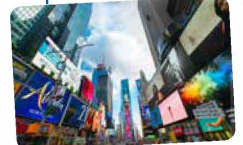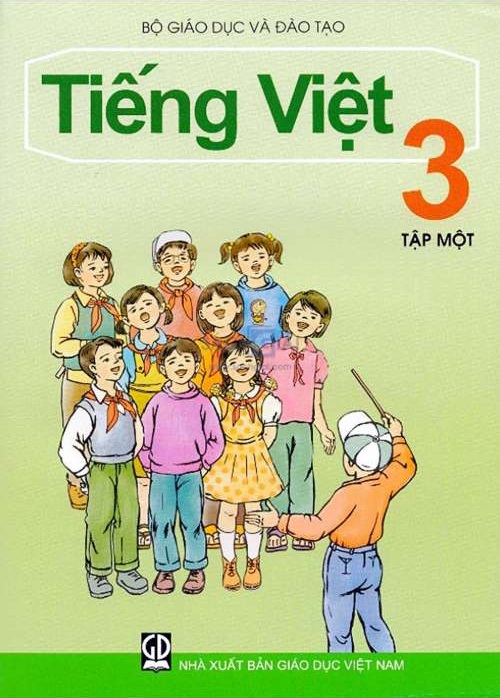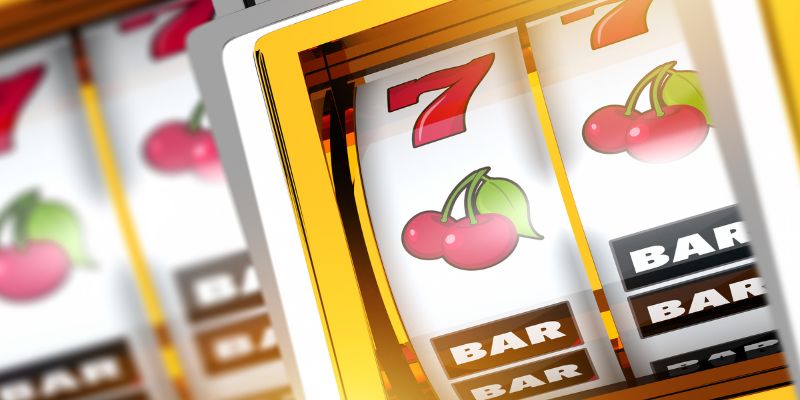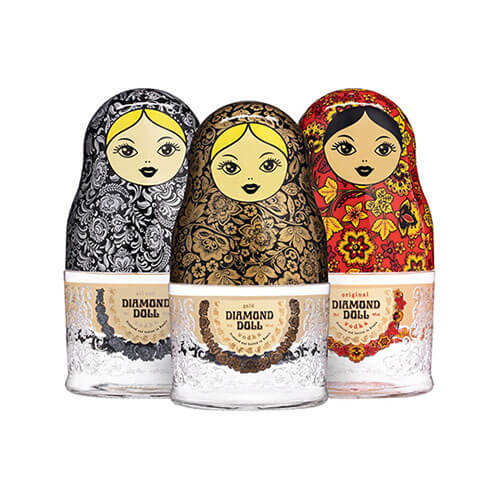(Page 97)
VII. COMMUNICATION AND CULTURE / CLIL
Everyday English
Making small talk
1. Listen and complete the conversations with the expressions in the box. Then practise them in pairs.
| A. How has your day been B. It's a lovely day, isn't it C. I like your shoes D. I heard on the radio today that |
1.
Julie: _____ the flower festival is going to be held in our city.
Mai: Really? I love flowers. I went to a flower festival in Da Lat once. It was amazing!
2.
Mai: Hi, _____ so far?
Mark: I've been very busy! I'm working on promoting a charity event. It's a lot of work! Mai: Sounds very stressful! Have you thought of inviting a famous celebrity?
3.
Linda: _____! They look very stylish. Where did you get them?
Mai: Thank you. I saw them advertised on a fashion website and bought them online. I'll send you the link.
Linda: That'd be great. Thanks.
4.
Nam: _____?
Linda: Yeah, it's so beautiful outside! Last week, the weather was awful.
Nam: I know, it was raining all the time. Have you got any plans for the weekend?
2. Work in pairs. Use the models in 1 to make similar conversations for these situations. One of you is A, the other is B. Use the tips and expressions below to help you.
1. A and B don't know each other. They are at a birthday party of a mutual friend. A starts a conversation with B. They make small talk and discover they are both interested in a career in the media industry.
2. A and B are both members of their school's Media Club. They are not close friends. They meet in the local park by chance. B starts a conversation with A. They make small talk and find out they are both in charge of promoting a school event.
💡Remember!
Small talk is an informal, polite conversation with strangers, classmates, or friends. People make small talk to get conversations started and get to know each other. Below are some good small talk topics:
• The weather
What a beautiful day! Lovely day, don't you think? It's so hot today, isn't it? It looks like it's going to rain.
• Films, TV shows, popular music, and books Have you watched...?
Have you heard (about) ? Are you reading...?
• Current events
Did you hear about...? Did you catch the news today? I read in the press today that ... I heard on the radio today that...
• The day or weekend
How was your day/weekend? Has anything exciting happened today? Are you doing anything fun after school/at the weekend?
• Observations
I like/love your (hat). Can I ask where you got it? Your (cakes) are delicious! Thanks for (making them for the party). Nice place, isn't it?
(Page 98)
Culture
1. Read the following text and complete the table below.
MASS MEDIA AROUND THE WORLD
There are different types of mass media and some work better than others in different situations. They could be as advanced as digital billboards, or as simple as public loudspeakers.

Digital billboards
Unlike a traditional billboard which can only show one printed image, a digital billboard can change between different messages. Digital billboards are also considered more attractive than traditional ones, and people are more likely to notice them. Moreover, they can also be updated in real time. Nowadays, digital billboards are common in many big cities around the world. It is hard to imagine places like Times Square in New York, Piccadilly Circus in London, or Shibuya in Tokyo without bright light adverts. Although they are growing in popularity, there have been concerns about their impact on the surrounding environment. Global light pollution. is increasing each year. The constant light emitted by digital billboards often confuses birds, harms insects, and causes health problems in humans, too.

Public loudspeakers
In the past, public loudspeakers were used during the war to warn people of air attacks. Nowadays, they are still used in parts of Japan, the Philippines, and the US to alert people to natural disasters such as storms, earthquakes, and tornadoes. In Viet Nam, they are used to communicate important public announcements to residents. However, the noise from a city-wide loudspeaker system can be a problem to some people.
| Digital billboards | Public loudspeakes | |
| Uses and advantages | ||
| Problems | ||
| Countries where they are used |
2. Work in pairs. Discuss the questions.
How effective do you think these types of mass media are? Will they become more or less popular in the future? Why/Why not?



































